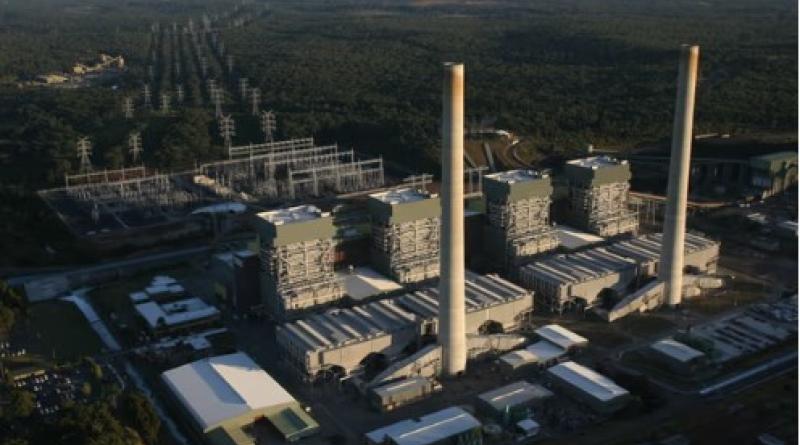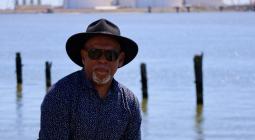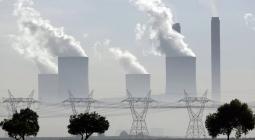NSW Coalition and Greens to push Labor to legislate 70% emissions reduction target by 2035

Exclusive: Liberal and National parties agree to more ambitious interim target joining Greens who have criticised Labor for ‘abandoning’ 2035 goal
New South Wales Labor is being pushed to legislate a greenhouse gas emissions reduction target of 70% by 2035 with the opposition and crossbench working on amendments.
The Minns government is racing to pass its centrepiece climate legislation in the final sitting fortnight of the year to entrench targets of 50% by 2030 and net zero by 2050.
Guardian Australia has confirmed the Coalition will move to toughen Labor’s bill by amending it to include the goal of cutting emissions by 70% on 2005 levels by 30 June 2035.
The former Coalition government had committed to this more ambitious interim target – although at the time it insisted it didn’t need laws to achieve the goal.
The Minns government was roundly criticised by environmental groups for excluding the 2035 target from its climate bill. Australia’s former chief scientist, Prof Penny Sackett, last month urged the government to include it.
The government needs the support of either the opposition or the crossbench – including the Greens – to pass the bill. It was due to be debated in NSW parliament on Thursday but has now been delayed until next week.
The Greens had already vowed to vote against the bill unless it was strengthened and criticised the government for “abandoning” the 2035 target. The minor party confirmed on Thursday it would support amending the bill to include the target.
Guardian Australia understands the Liberals and Nationals jointly agreed to push for a stronger interim target along with other amendments they believed would protect people living in rural and regional areas affected by the energy transition.
It is understood those amendments would guarantee the state’s agricultural commissioner and a representative of people working in the energy industry two seats on the new Net Zero Commission.
The commission would be created under the legislation and act as an independent advisory panel to monitor the state’s progress toward its emissions reduction goals.
The government planned to have the commission comprised of between five and 10 members who were academics or industry representatives working in fields such as decarbonisation or renewable energy – as well as the chief scientist.
The Greens environment spokesperson, Sue Higginson, said her party would support the inclusion of the Coalition’s 70% by 2035 target because “it would be absurd to go backwards”.
“However, these targets must be binding to ensure the government acts urgently to meet them,” she said.
The opposition environment spokesperson, Kellie Sloane, said the government had proved repeatedly it lacked the “ambition and vision” to tackle the problems facing the state.
“The Minns government has introduced a climate change bill with less ambitious targets than the Coalition had, they’ve cut electric vehicle subsidies,” she said.
“And they still won’t even tell the taxpayers of NSW how much it will cost to keep open the coal-fired Eraring [power station].”
Nationals MP Dave Layzell, who represents the coalmining region of the Upper Hunter, said the Coalition would formally announce its position after voting on the draft amendments at its party room meeting next Tuesday.
“But my personal opinion is this is not a radical change of climate policy, this is just changing [the emissions targets] from a regulation to legislation,” he said.
“What’s most important is that regional areas are protected. And that’s what we’re focused on doing.”
Labor’s climate change and energy minister, Penny Sharpe, sought to frame the Coalition’s amendments as a win for the government.
“The Minns Labor government has succeeded in getting everyone to the table to discuss what will be one of the most significant bills this parliament will pass,” she said.
The opposition leader, Mark Speakman, said the Liberals and Nationals wanted to see NSW take a “holistic approach” to tackling climate change.
Photograph: Dean Sewell - The Eraring power station near Newcastle.





